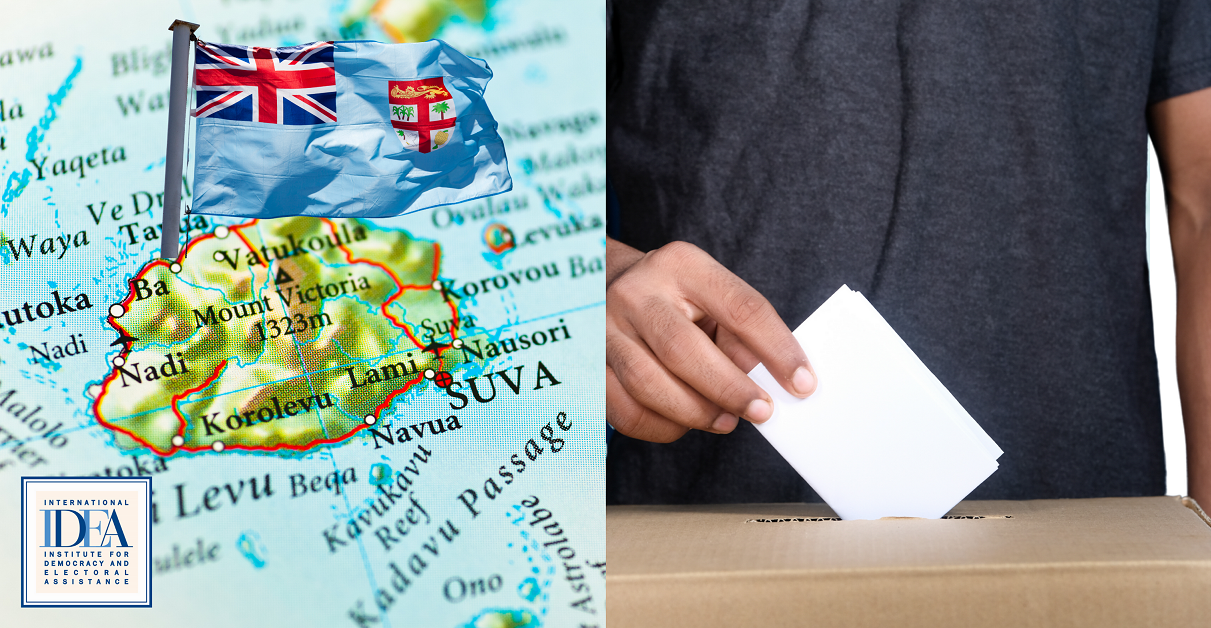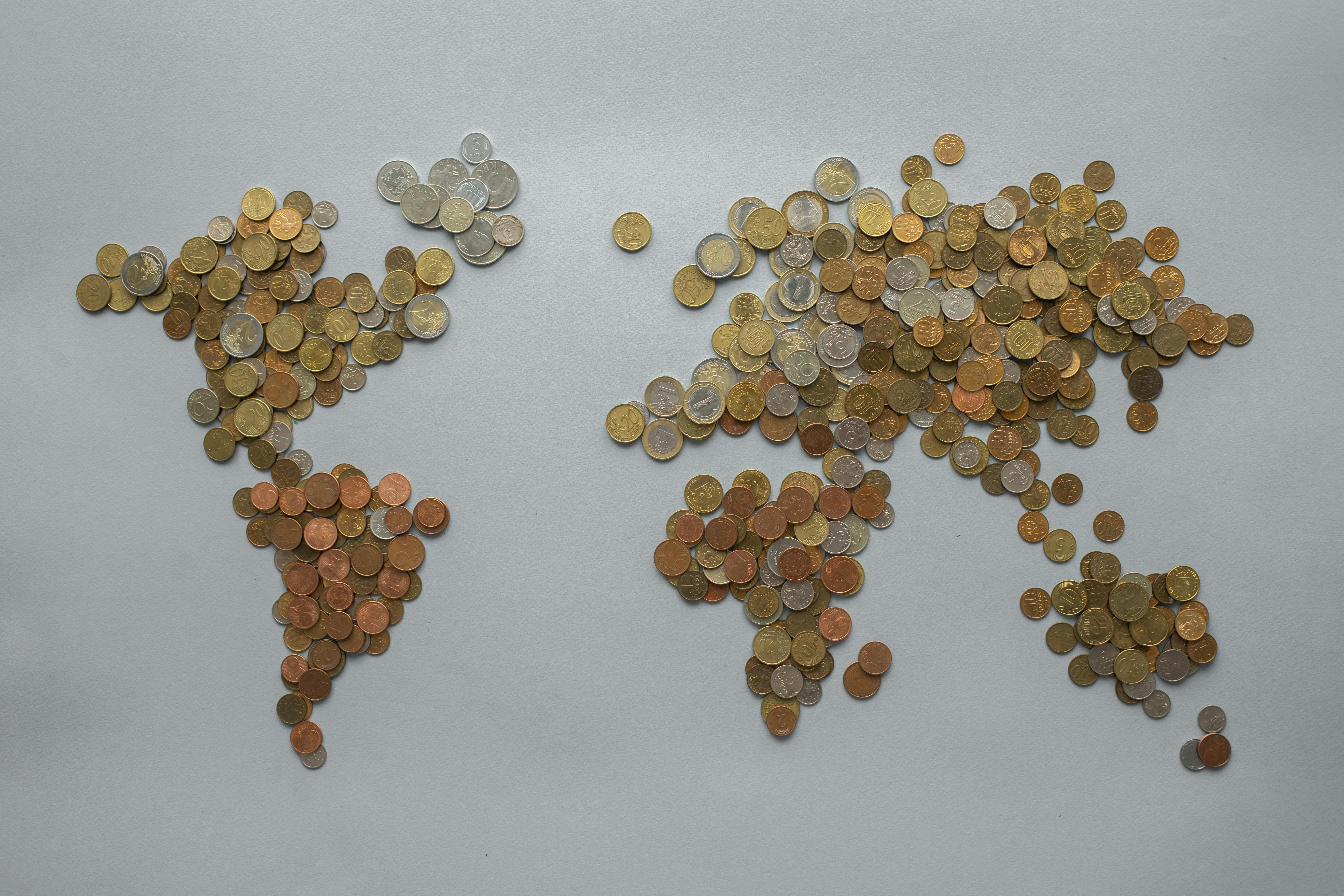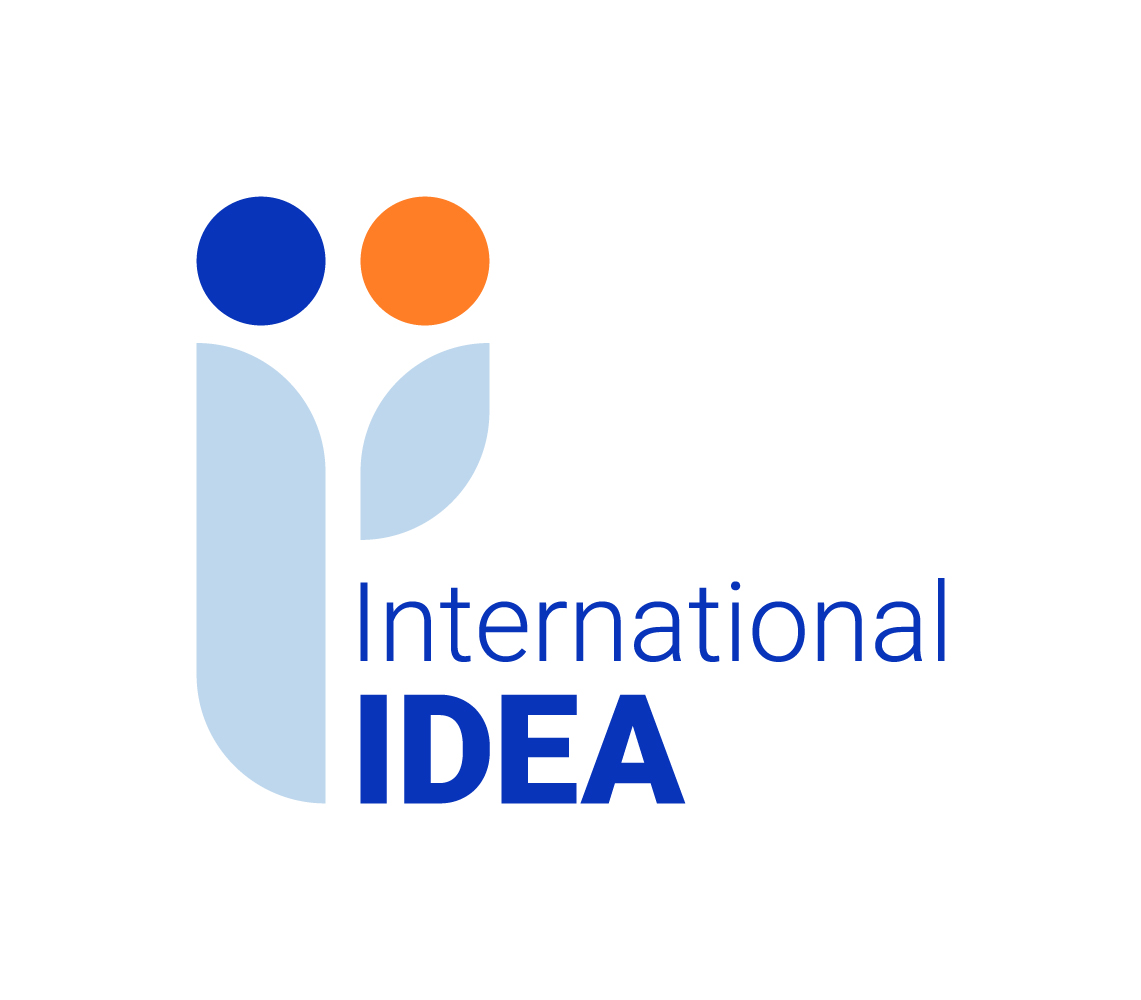Webinar on Electoral System of Fiji: Electoral Formula and Ballot Design

The International Institute for Democracy and Electoral Assistance (International IDEA) in the presence of our Melanesian Partners held the first webinar of the Democratic Development in Melanesia Webinar Series 2021 on 31 March. The webinar’s topic was “Electoral System of Fiji: Electoral Formula and Ballot Paper Design”. This webinar focused on Fiji and it was designed to help iron out misunderstandings and misgivings about the electoral system in place in Fiji. The 2013 Constitution of Fiji and subsequent electoral legal framework introduced substantial changes to Fiji’s electoral system and processes, marking the departure from Fiji’s previous constitutions since gaining independence in 1970.
According to Leena Rikkila Tamang, Regional Director of Asia and the Pacific Region, the Pacific is sprawling with democracies and a lot of knowledge and experiences can be shared and it is hoped that participants of this webinar not only gain knowledge but are also able to exchange views with one another during and after the webinar.
The sole speaker in the webinar, Alan Wall, a senior global election expert, shared his research on the Open-List Proportional Representation (OLPR) system and his analyses on the issues that arise surrounding ballot paper designs. He suggested that the ballot paper should be as compact as possible while allowing each candidate be easily identified. He further emphasized that the design also needs to ensure that voters can easily recognize the party and candidate they wish to vote for. In the case of Fiji, the ballot paper is compact, but it does not meet other criteria. Some suggestions given were to keep the current style, but group the candidates on the ballot by parties, and to print the relevant party symbol beside or behind each candidate number on the ballot design.
A participant asked what the consequence would be if Fiji changes its electoral formula. Currently, Fiji uses the D’Hondt formula to distribute seats among political parties, which tend to favour larger parties. In his response, Alan Wall said that it depends on the objective of the electoral system. If it were for a stable government with a few parties in a coalition or no coalition. If the electoral formula were changed to Saint Laguë, then seats will move towards smaller parties and if there are lots of small parties, which are falling behind on the threshold, then the votes will be considered as wasted votes. Fiji’s Supervisor of Elections, Mohammad Saneem reiterated that if a party does not meet the 5 per cent threshold, greater distribution of seats will not happen. The challenge is that parties should meet the 5 per cent threshold.
According to Nilesh Lal, Executive Director of Dialogue Fiji, who was also the moderator of the webinar, people in Fiji are perceiving that it is unfair for candidates with a small number of votes be elected to parliament on the ‘coat-tails’ of more popular candidates in their party. This has been an issue over social media for some time. Clearing the perception of the people, Alan Wall explained that in an OLPR system, what matters is the number of votes a party gets and not what an individual candidate gets. Thus, it is not unfair for candidates with lower votes than other candidates from parties less successful in winning seats to get into parliament. Another contentious issue in Fiji is that the Electoral Commission and the Fijian Elections Office should be independent of each other. Alan Wall clarified that there is no requirement that they be independent of each other but what is important is that the Election Management Bodies are autonomous in its actions.
This webinar had discussions on some of the contentious issues relating to Fiji’s electoral system. The Supervisor of Elections commended the presentation done by Alan Wall on the electoral system as he made it simple for people to understand the OLPR system.
The recording of the webinar is available on YouTube. Please anticipate more webinars to come on democracy in Melanesia.




